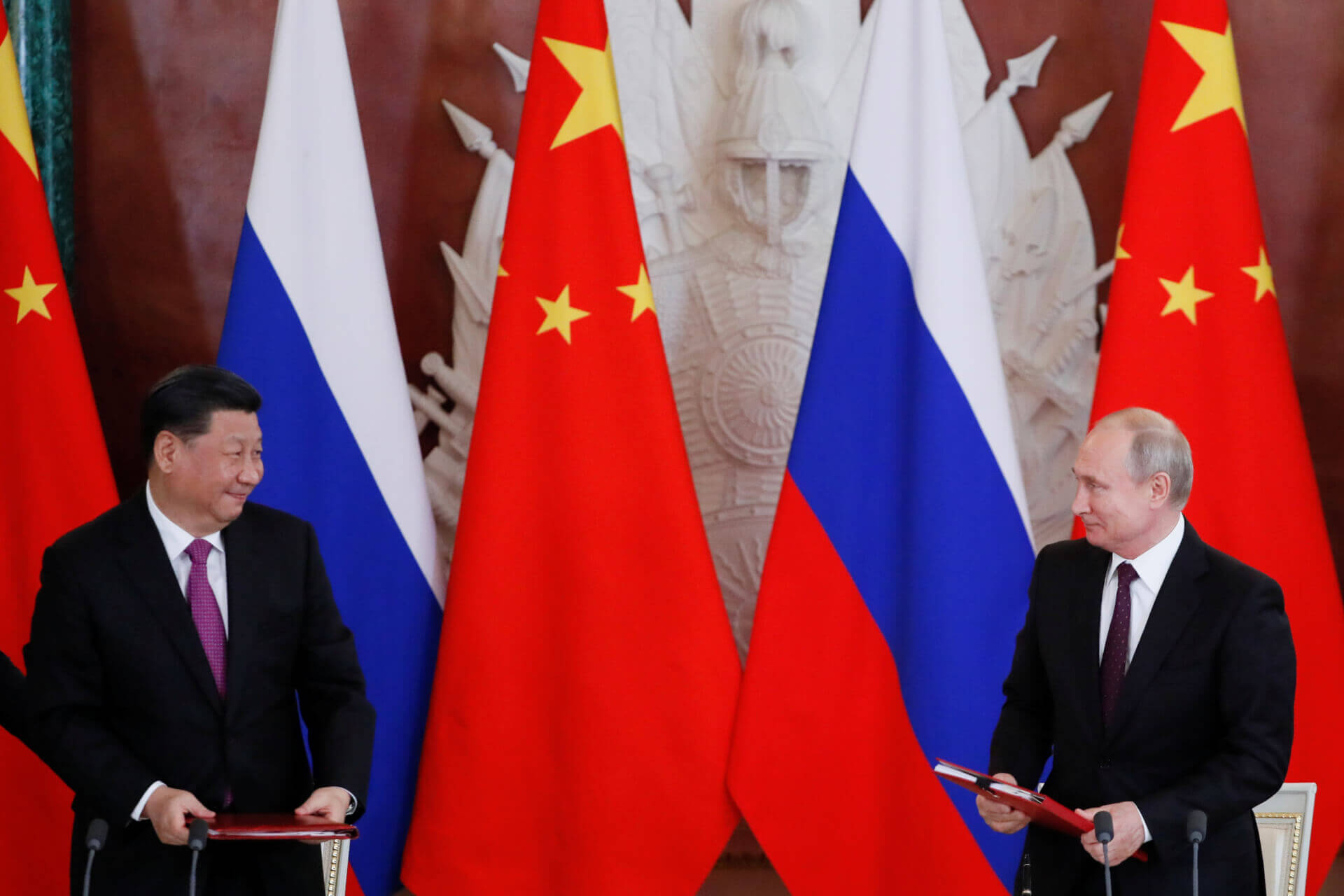Over the past several weeks, Russia has amassed tens of thousands of troops along the Ukrainian border. In response, the West has accused Moscow of preparing another invasion of the Ukrainian peninsula. To deter Moscow from invading Kyiv, several Western nations have threatened Russia with severe sanctions, supplied Ukraine with military equipment, and increased their military presence in Eastern Europe.
As the crisis in Ukraine intensifies, world powers have laid bare where their loyalty lies. While the West, led by the United States (US), has continued its calls for further diplomacy and support for Ukrainian sovereignty and territorial integrity, China has clearly backed Russia and its military advances into Ukraine.
In support of Russia’s provocations, Chinese Foreign Minister Wang Yi went as far as to justify Russia’s security concerns last month as “legitimate,” saying they should be “taken seriously and addressed.” This sentiment was further emphasised when Chinese President Xi Jinping and his Russian counterpart Vladimir Putin met along the sidelines of the Winter Olympics’ opening ceremony in Beijing earlier this month. It was Xi’s first face-to-face meeting with a world leader in nearly two years, and underscored the deepening of ties between the authoritarian leaders.
#环球时报Editorial: The essence of the Ukraine issue is not that Washington is "seeking justice" for Ukraine or Europe, but that it is using NATO as a tool to cannibalize and squeeze Russia's strategic space. pic.twitter.com/OU4nxlcxfn
— Global Times (@globaltimesnews) December 27, 2021
In the joint statement released by Kremlin following the leaders meet, the leaders made a veiled reference to the West’s support for Ukraine by saying, “Some actors representing but the minority on the international scale continue to… interfere in the internal affairs of other states, infringing their legitimate rights and interests, and incite contradictions, differences and confrontation, thus hampering the development and progress of mankind, against the opposition from the international community.”
The document further reiterated Russia and China’s opposition to the “further enlargement” of the North Atlantic Treaty Organization (NATO) and called on the alliance “to abandon its ideologized cold war approaches, to respect the sovereignty, security and interests of other countries, the diversity of their civilizational, cultural and historical backgrounds, and to exercise a fair and objective attitude towards the peaceful development of other States.”
This camaraderie has been building up over the last few years. In November, the two countries’ defence chiefs signed a roadmap highlighting plans for closer military ties between the two countries, citing increasing concerns over the US Military activity at their respective borders. Following this, Iran, China and Russia conducted joint navy drills in January to counter American pressure. All three countries are under some sort of sanctions by Washington.
Last year, Putin and Xi also celebrated their strengthening bilateral ties during their second video conference of 2021 and their 37th meeting since 2013. During a video call, Putin pointed out that relations between the two countries are at an “unprecedentedly high level.” For his part, Xi expressed a “deep appreciation” and eagerness to work with his “old friend.”
Aside from government officials, China has also deployed its state-owned media outlets to clarify its position on the Ukraine conflict. On December 27, 2021, Global Times wrote that the US is not “seeking justice for Ukraine” but instead “using NATO as a tool to cannibalize and squeeze Russia’s strategic space.”

